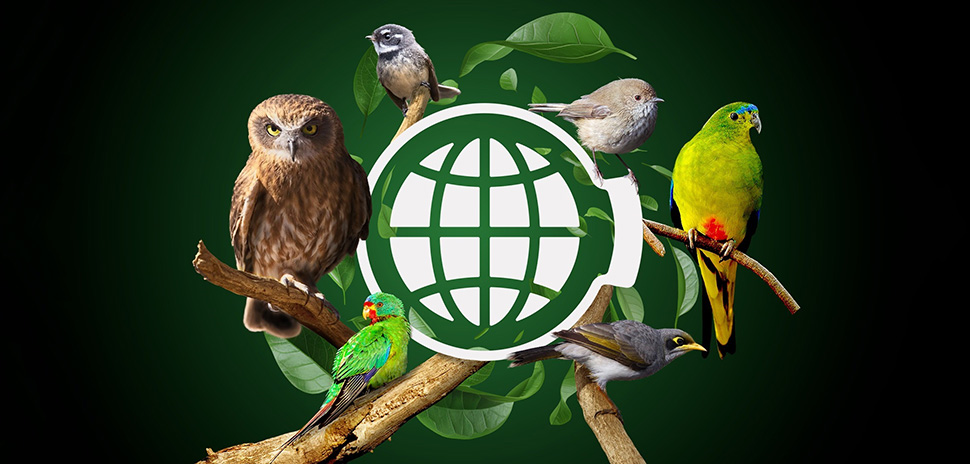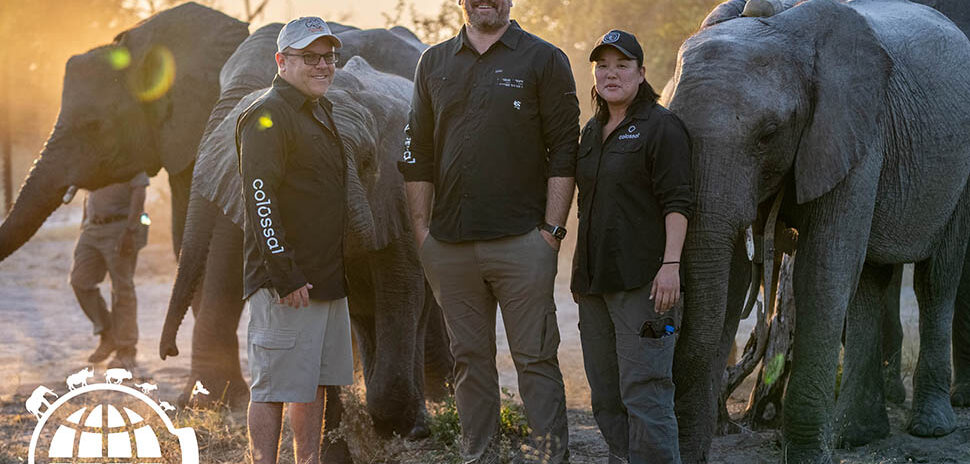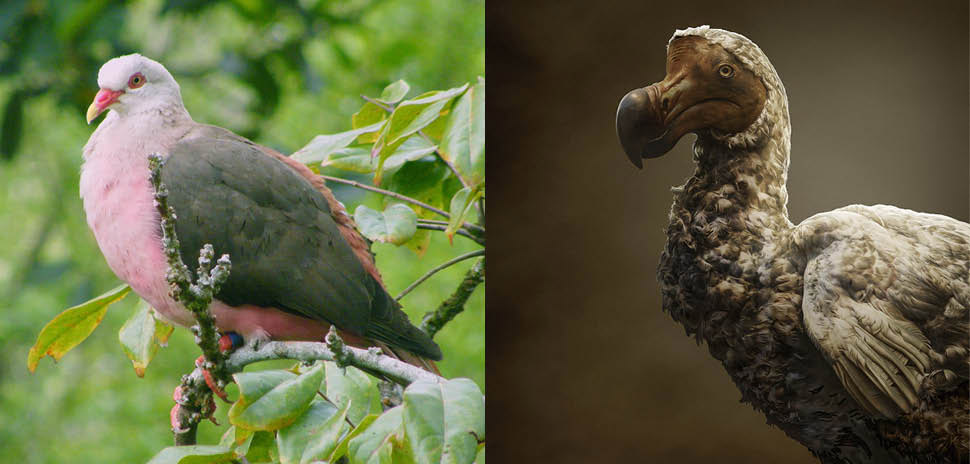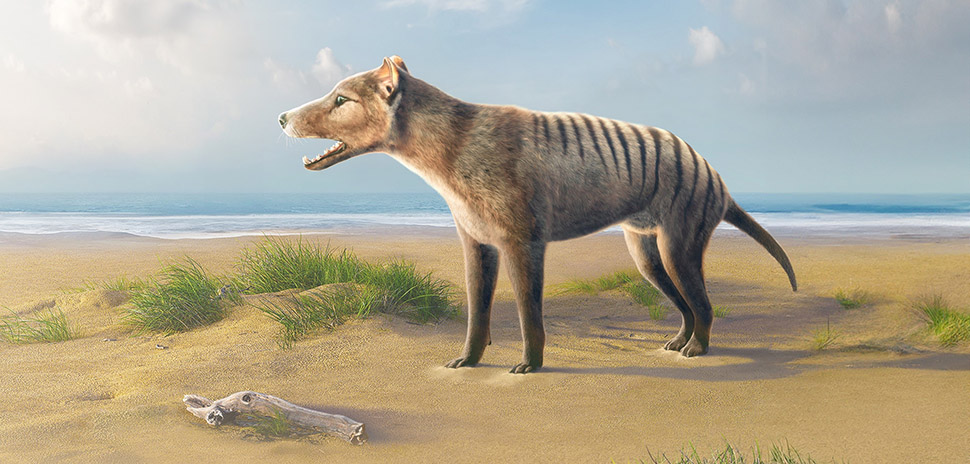Dallas-based Colossal Foundation has given a $1.5 million donation to the University of Melbourne in Australia to support Australian avian conservation genomics, the foundation announced.
The donation will drive the development of an advanced genomics toolkit that will spearhead new approaches to the conservation of bird species in Australia and around the world.
“Right now, one in eight bird species is at risk of extinction,” Dallas-based Colossal co-founder and CEO Ben Lamm said in a statement. He recently launched Colossal’s 501c3 the Colossal Foundation.
“As bird species disappear, we lose key components of ecosystems, including pollinators, insectivores, and spreaders of seeds, with negative impacts for both human and planetary health” Lamm added. “We’re excited that the Colossal Foundation can partner with the research team at the University of Melbourne to develop tools to address this global challenge.”
Colossal Foundation said the funding will go to the lab of Prof. Andrew Pask, Ph.D, and will be used to support the sequencing and annotation of high-quality reference genomes for several bird species, as well as the development of stem cell and gene editing technologies for birds. The foundation said these tools will make it possible to identify bird species that are threatened by the loss of genetic diversity and, eventually, to use the tools of genome engineering to improve the chances of helping species to survive.
“Birds currently lag behind their mammalian counterparts in our ability to manipulate their DNA code,” Pask said. “These tools will be an important first step toward using gene editing technologies to help birds adapt to their changing habitats, such as by engineering resistance to introduced pathogens or reintroducing lost genetic diversity.”
Aiming to reverse loss of bird species
Avian species have been particularly devastated in Australia. For example, the foundation said that 27 bird species were added to the threatened list following a single event — the black summer bush fires of 2019-2020.
Rising temperatures have been directly attributable for driving species declines across both warm and cold climates in Australia, showing the broad impacts of climate change across the country. Also, birds are experiencing increased predation from invasive, non-native species such as cats and foxes.
The donation will expand the list of high-quality reference genomes from across the Avian tree of life, adding key data to global efforts including the Bird10K and EarthBiogenome projects.
“Genomes play a crucial role in conservation by providing the complete blueprint of a species evolutionary history,” Colossal Chief Science Officer Beth Shapiro said in a statement. “Studying genomes allows us to identify genetic variants that enable species to withstand environmental changes, resist disease, and thrive in specific habitats. Genomes also allow us to identify genetically distinct populations that may require targeted protection efforts, helping prioritize conservation efforts.”
The foundation said that together with the development of stem cell technologies and gene editing methods across bird species, this genomic information can be used to develop strategies for breeding programs, to reintroduce genetic diversity in endangered populations, and even explore de-extinction possibilities, ultimately restoring lost biodiversity.
![]()
Get on the list.
Dallas Innovates, every day.
Sign up to keep your eye on what’s new and next in Dallas-Fort Worth, every day.































